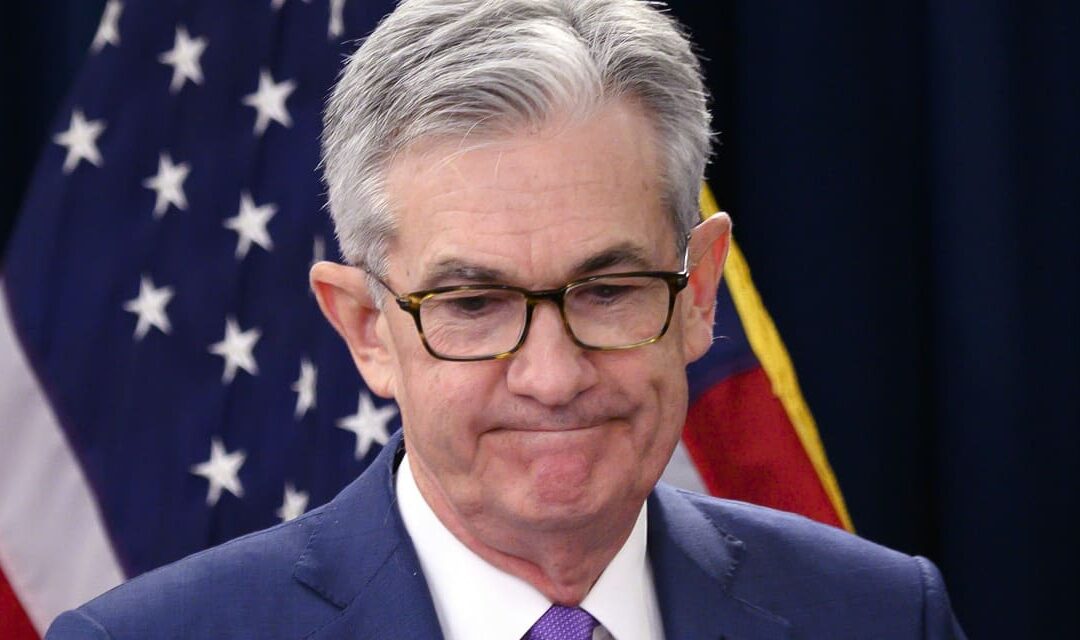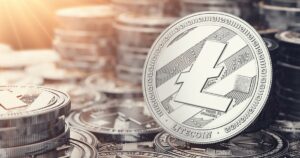Federal Reserve Chair Jerome Powell said Wednesday it was too early to declare victory over inflation, but financial markets have effectively declared victory for him.
Some economists, still worried about inflation, think that letting the market drive the bus will lead to trouble down the road.
The central bank’s forecast of three rate cuts next year overshadowed Powell’s attempt to sound sensible, careful and cautious about the outlook, said Krishna Guha, vice chair of Evercore ISI.
The markets viewed the three-cut forecast “as a validation of [the Fed’s] dovishness,” agreed Stephen Stanley, chief U.S. economist at Santander.
That dovishness ignited a strong market rally Wednesday, with the Dow Jones Industrial Average
DJIA
soaring to all-time high while the dollar
DXY
and bond yields
BX:TMUBMUSD10Y
sank.
“The shored-up sentiment among market participants has caused financial conditions to become the loosest they have been during the central bank’s tightening campaign, which is likely to create a renewed bout of inflation,” said Jose Torres, a senior economist at Interactive Brokers.
He noted that all commodities are sharply higher in the wake of Powell’s comments.
Stanley said he found it hard to believe the Fed’s very upbeat economic scenario, in which a 1.4% annual growth rate with only a small uptick in unemployment will get the economy back to 2% inflation next year.
Robert Brusca, president of FAO Economics, said that it looks like the Fed is getting ready to reduce interest rates, even with the unemployment rate close to a 50-year low.
“I don’t see how the Fed is going to get inflation down to 2% if they’re going to start cutting interest rates,” Brusca said. Wage growth is continuing to run too hot to get inflation down to that level, he noted.
The market is doing the Fed’s easing for it. Since Powell’s press conference, financial conditions have eased by the equivalent of two 25-basis-point rate cuts, economists said. That undermines the Fed’s prior message of holding rates higher for longer and letting inflation continue to play itself out before declaring victory.
Maybe the Fed’s pivot is not as sharp as the market thinks, Stanley said. Still, he thinks the Fed is “getting dovish on inflation.”
Diane Swonk, chief economist at KPMG, said that the big shift is that Fed has decided to take steps to ward off a recession. “Why have a recession now when you’ve gotten so much progress on inflation and you think there’s more progress in the pipeline?” she asked.








